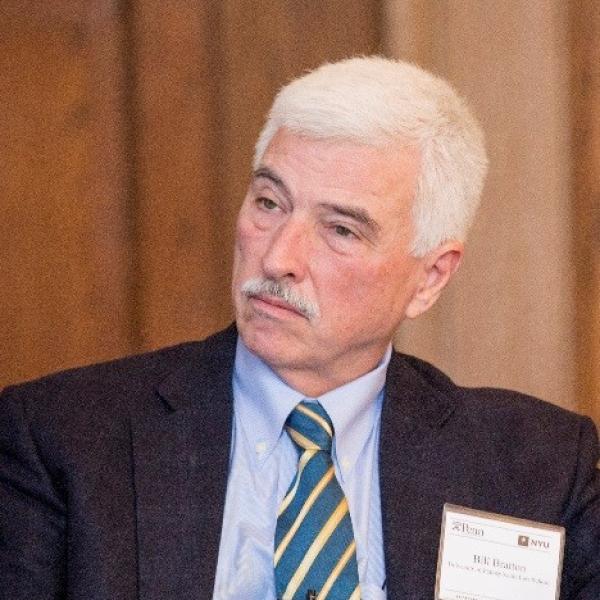Does Enlightened Shareholder Value Add Value?
Abstract
Unlike shareholder value maximization (SV), which merely calls on corporate leaders to maximize shareholder value, enlightened shareholder value (ESV) combines this prescription with guidance to consider stakeholder interests in the pursuit of long-term shareholder value maximization. ESV is being increasingly embraced by many actors: it was adopted by the U.K. Companies Act, is being considered for inclusion in the Restatement of Corporate Governance Law, and is broadly supported by both corporate leaders and institutional investors. This article examines whether replacing SV with ESV can be expected to benefit stakeholders or society.
We begin by arguing that the appeal of ESV and the enthusiasm for it among supporters is grounded in a misperception about how frequent “win-win situations” are. In reality, corporate leaders often face significant trade-offs between share-holder and stakeholder interests, and such situations are exactly those for which the specification of corporate purpose is important.
Furthermore, we explain that, under certain standard assumptions, SV and ESV are always operationally equivalent and prescribe exactly the same corporate choices. We then relax these assumptions and consider arguments that using ESV is beneficial in order to (i) counter the tendency of corporate leaders to be excessively focused on short-term effects, (ii) educate corporate leaders to give appropriate weight to stakeholder effects, (iii) provide cover to corporate leaders who wish to serve stakeholders, and/or (iv) protect capitalism from a backlash and deflect pressures to adopt stakeholder-protecting regulation. We show that each of these arguments is flawed.
We conclude that, at best, replacing SV with ESV would create neither value nor harm. However, to the extent that ESV would give the false impression that corporate leaders can be relied on to protect stakeholders, the switch from SV to ESV would be detrimental for stakeholders and could impede or delay reforms that could truly protect them.









